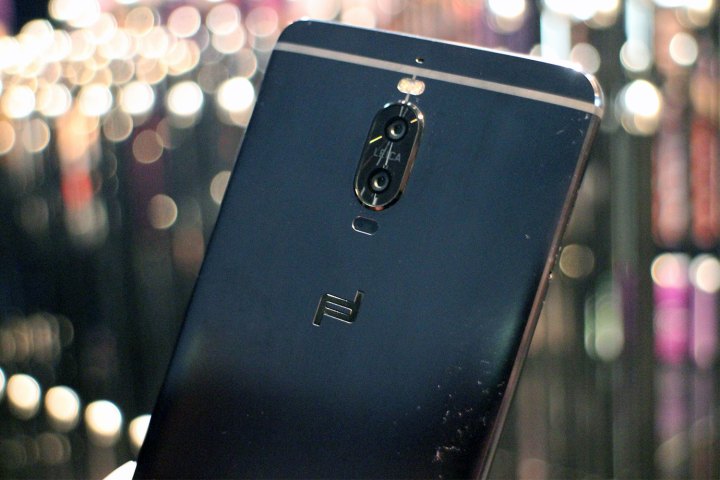
The Wall Street Journal reports that U.S. carriers are hesitant to work with Huawei for two main reasons — poor brand recognition in the U.S., and security concerns with the Chinese company’s networking equipment. The latter issue primarily stems from a 2012 congressional report that suggested U.S. carriers should steer clear of using Huawei gear as “China might use it to spy on Americans.”
Huawei already sells budget devices in the U.S., but they aren’t sold by carriers. You can only purchase them on Amazon, Best Buy, Walmart, and various other retailers — this will likely also be the case for the high-end Mate 9 phone that’s launching in the U.S. There’s no price or release date for the U.S. variant yet, but it goes for about 700 euros (around $760 U.S.) in Europe.
The report from the WSJ also sources a U.S. Huawei manager who says the company hasn’t figured out how to deal with technical obstacles in regard to cellular standards. Verizon and Sprint use CDMA networks, and Huawei would have to adapt its processors to be compatible with the networks to be successful in the U.S.
The report claims Verizon and Sprint also do not see much of a reason to add Huawei’s phones to their roster of devices, what with the cold shoulder from the U.S. government and an already crowded market. The Chinese company is hopeful in working with AT&T — it certainly isn’t on good terms with T-Mobile, considering the two are locked in a patent dispute.
Huawei is the third largest smartphone manufacturer, behind Apple and Samsung. Selling high-end, expensive phones in the U.S. is key to its global strategy of claiming the top spot.


